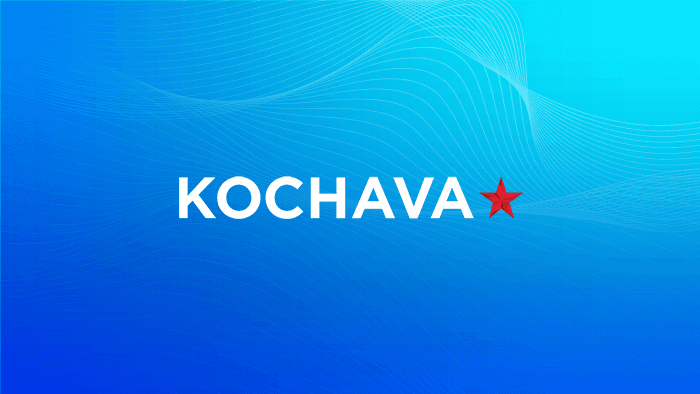Monthly Active User (MAU) | Definition
MAU (Monthly Active User) is a key performance indicator (KPI) often used by online games, mobile apps, websites, and social networking sites. In marketing, MAU refers to the number of unique users who have engaged with a product or service within a 30-day period, and is typically used to measure the success and popularity of that product or service.
Related Terms
Why is MAU important?
MAU is important because it can provide insight into user engagement, customer loyalty, and overall growth which helps companies identify areas of improvement and make data-driven decisions. Marketers should utilize this metric to:
- Measure user engagement: MAU helps measure how many users are actively engaged with a product or service on a monthly basis. This provides valuable insights into user engagement, which is important for improving customer satisfaction and retention.
- Track growth trends and retention rate: By looking at MAU numbers over an extended period of time, marketers can get a better idea of the product’s growth trajectory and the user interest in the product. This can help make informed decisions about campaign performance, product development, and overall ad spend.
- Understand revenue potential: A substantial MAU can reflect higher revenue potential for an app because it can result in more revenue from ad monetization, in-app purchases, and/or subscriptions.
These are only a few benefits of monitoring your MAU. While it’s a simple metric, MAU paired with other data points can give marketers valuable insights for driving growth.
How to calculate MAU
Before MAU can be calculated, marketers should first define what constitutes an active user. It could be a user who has logged in and taken an action, such as making a purchase, signing up for a newsletter, or downloading a piece of content. Once that has been defined, marketers can measure and report on those unique users within a 30-day period.
As an example, a marketing team has defined an active user within their mobile app as someone who has opened the app and has made it to the checkout page within the last 30 days. The count of unique users who complete this action would be the MAU for that month.
What is a good MAU count?
A good MAU count depends on the product, service, or platform being measured as well as the goals and expectations of the company or marketing team. In general, a higher MAU count is a positive indicator of user engagement and product success, but to understand if a MAU count is “good” will depend on the industry or vertical of the product.
A consistently increasing MAU count month-over-month most likely signifies positive growth and engagement. However, MAU should not solely be used to determine engagement. Instead, MAU should be measured alongside other metrics such as retention, conversion rate, and revenue. Even if a company has high MAU, they can still struggle with low retention rates.
How to improve MAU
There are a few ways marketers can increase MAU. They include:
- Improving the user experience: Conduct user research to improve the products usability and interface so that user’s stay engaged and want to come back to the product.
- Personalization: Focus on the user by providing unique and personalized experiences for them. Personalization can increase engagement by making the user feel more connected to the product. Consider using data and analytics to tailor content to each user.
- Gamification: Gamification is the use of game-like elements to make a product or service more engaging, making the user feel like they’re playing a game. Marketers can incorporate elements such as badges, rewards, and incentivization to make the user feel a sense of achievement or create competition which will drive them back into the app or website.
- Continuous improvement and new features: Launching regular updates and features, big or small, can keep users interested and engaged with the product. Learn more about what the user wants by conducting surveys to gather feedback which can then be used to inform the development roadmap and prioritize updates that will encourage user engagement.
- Campaign optimization: Effective marketing campaigns can be a productive way to communicate to users what the product or service is, what it offers, and why they should use it. Marketing campaigns can increase user acquisition and engagement. Consider targeting specific audiences with tailored messaging and incorporate A/B testing to optimize campaign performance.
Overall, improving MAU count requires multiple steps, some of which might be more effective than others. All of these steps focus on optimizing the user experience and speaking to audiences that will more likely respond to personalized content and updates.
MAU and Kochava
As a leading mobile measurement partner (MMP), Kochava offers measurement and analytics tools for mobile app marketers. MAU is one of many key metrics that Kochava calculates. Kochava calculates MAU by measuring the number of unique users who have launched an app at least once in the last 30 days. This includes both new and returning users, and helps marketers understand how many people are actively using their app on a regular basis.
In addition to MAU, Kochava also measures daily active user (DAU) count, installs, retention, in-app events, and revenue. The Kochava platform also includes fraud prevention and detection tools that help marketers identify and block fraudulent activity.
Ready to get started with Kochava? Contact us!


